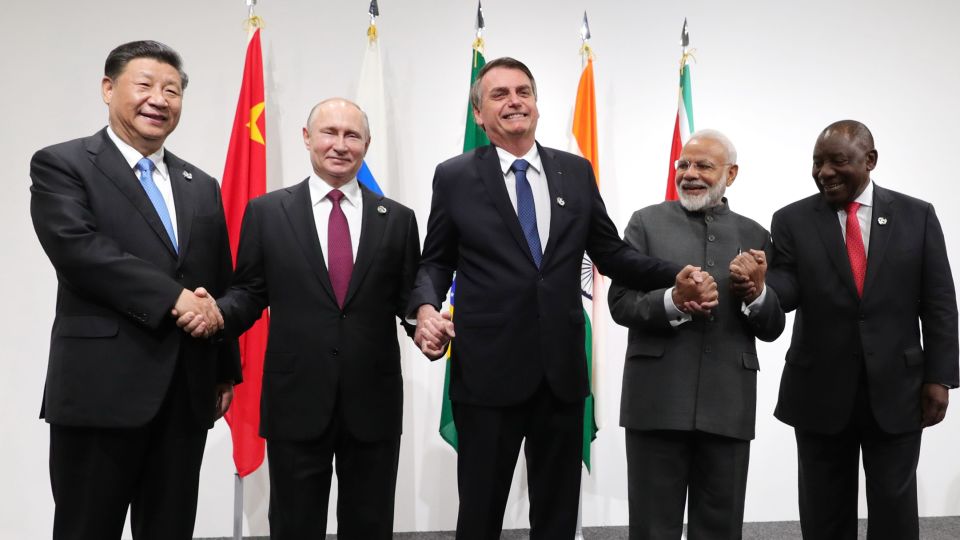By Moshi Israel
On Monday, the 20th of this month the Leader of China President Xi Jinping landed in Moscow on his first trip out of China since his re-election for a third term as President. Choosing Moscow as his first foreign trip re-affirms the close friendship between Russia and Beijing. President Xi’s long-awaited visit to Moscow inspired a lot of background noise around major capitals of the world. A close partnership between Moscow and Beijing is not in the geopolitical interests of most western countries. However, many other regions of the world that are eager for a new era of global politics in which multi-polarity is the norm, anticipated and hoped for the best outcomes from the meeting.
China, with President Xi at the helm, has taken up the mantle of peacemaker. After successfully brokering a peace deal between Saudi Arabia and Iran, China is increasingly being seen as a credible global power capable of prioritizing cooperation over confrontation. This comes as no surprise since the CPC has always championed win-win partnerships and diplomacy around the world. The evidence of this is embedded within China’s Belt and Road Initiatives (BRI), and Global Security Initiative (GSI) concept paper that encourages the Chinese tradition of peace above everything else.
China’s peace plan for Ukraine closely follows the core concepts and principles of its GSI. These concepts include but are not limited to, respecting the sovereignty and territorial integrity of nations, commitment to taking the legitimate security concerns of countries seriously, and abiding by the purposes and principles of the UN charter. These principles are crucial in maintaining global stability. Therefore, President Xi’s visit to Moscow can be seen as an extension of these principles and China’s role as a peace broker. China has proposed to Moscow a twelve-point peace plan that seeks to end hostilities in Ukraine. President Putin has welcomed China’s efforts to solve the crisis in Ukraine and proclaimed that Russia is ready for peace when Ukraine and its western backers are. Most of the world cannot wait for this conflict to be over with and welcomes common sense solutions to the conflict.
Washington for so long has proclaimed that the decision to negotiate for peace and end the war is for Ukraine to make. However, it did not come as a surprise when the White House through its national security spokesperson John Kirby rejected any idea of a cease-fire. The white house anticipated that China might seek to broker a cease-fire in Ukraine and rejected it two weeks ahead of Xi’s visit to Moscow on grounds that it would allow Russia to consolidate its gains in the Donbas. The International Criminal Court (ICC) even went further and indicted President Putin for war crimes in Ukraine ahead of President Xi’s visit. This move by the court has been interpreted by many as largely symbolic and an attempt to murky the waters and complicate Xi’s visit to Moscow.
China has a very large presence around the world, economically, diplomatically, and technologically and has used this power to support peace. This should be applauded by all responsible citizens of the world. World leaders should oppose any attempt to escalate conflicts by nefarious actors on the global stage. President Xi has insisted that the conflict in Ukraine should end at the negotiating table and that the concerns of the conflicting parties be addressed.
At a time when the world is under serious economic and political strain, China is standing up to be counted as the global power that has a practical plan to lead the world into a new era. China’s neutrality on the Ukrainian conflict despite deep ties with Moscow, and its goal of peace are testament to the country’s genuine desire for a functional multi-polar and anti-war world. The global south, itself a victim of proxy wars should support China’s efforts in the framework of the United Nations to promote peace in Ukraine and around the world. The years of lacking a coherent and independent foreign policy in the global south should be forgotten and dumped in the dustbin of history. China under the CPC has managed to uplift itself from a century of humiliation to a global power worth taking seriously. The same can be replicated in the global south and particularly here in Africa.
The writer is a Senior Research Fellow with DWC

